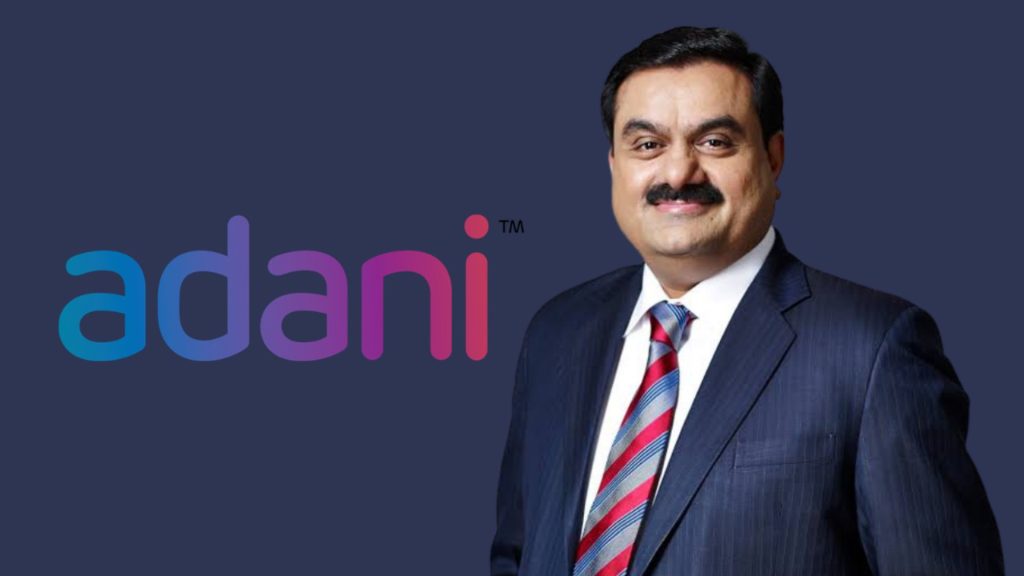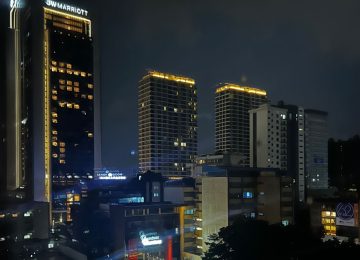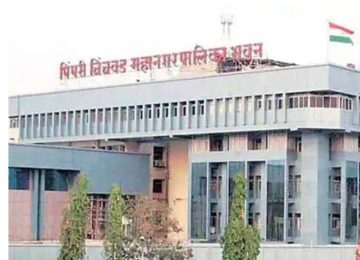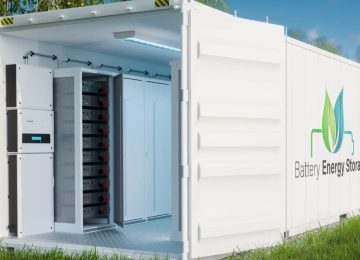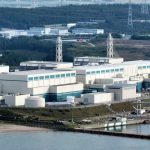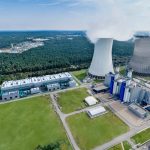The Adani Group has announced its strategic entry into the battery energy storage systems (BESS) sector with the launch of 1,126 MW / 3,530 MWh project.
The initiative marks the largest BESS installation in India and one of the world’s largest single-location BESS deployments. The project, which will deploy more than 700 BESS containers, is scheduled for commissioning by March 2026.
The system is engineered to store 3,530 MW of energy. This capacity allows it to deliver the full 1,126 MWh of power for approximately three hours.
Cornerstone of clean energy:
The project is already in advanced deployment stages at Khavda, home to the world’s largest renewable energy plant. It utilizes cutting-edge lithium-ion battery technology integrated with advanced energy management systems.
The initiative is crucial for enhancing India’s energy security. It enables the supply of round-the-clock clean electricity. The BESS will play a critical role in supporting the country’s transition to a low-carbon future.
Key benefits include easing peak load pressures and mitigating solar curtailment. It will also reduce transmission congestion, thereby improving overall grid reliability and efficiency.
The integration will position the Khavda renewable energy plant as the world’s largest combined RE and storage park.
Chairman calls storage essential:
Gautam Adani, Chairman, Adani Group, emphasized the importance of the new venture.
He said, “Energy storage is the cornerstone of a renewable-powered future. With this historic project, we are not only setting global benchmarks but also reinforcing our commitment to India’s energy independence and sustainability. This initiative will enable us to deliver reliable, clean, and affordable energy solutions at scale.”
With this strategic entry, the Adani Group joins global energy leaders. They are investing in large-scale storage infrastructure. This marks a transformative moment in India’s clean energy journey.
Expansion roadmap:
Building on this flagship deployment, the Adani Group has outlined an ambitious roadmap for expansion.
The Group plans to deploy an additional 15 GWh of BESS capacity by March 2027 (FY27). The long-term target is to scale its total energy storage footprint to 50 GWh within the next five years. This ambition aligns the Group’s efforts with India’s net-zero goals. The goal is to build a resilient and future-ready energy ecosystem.


